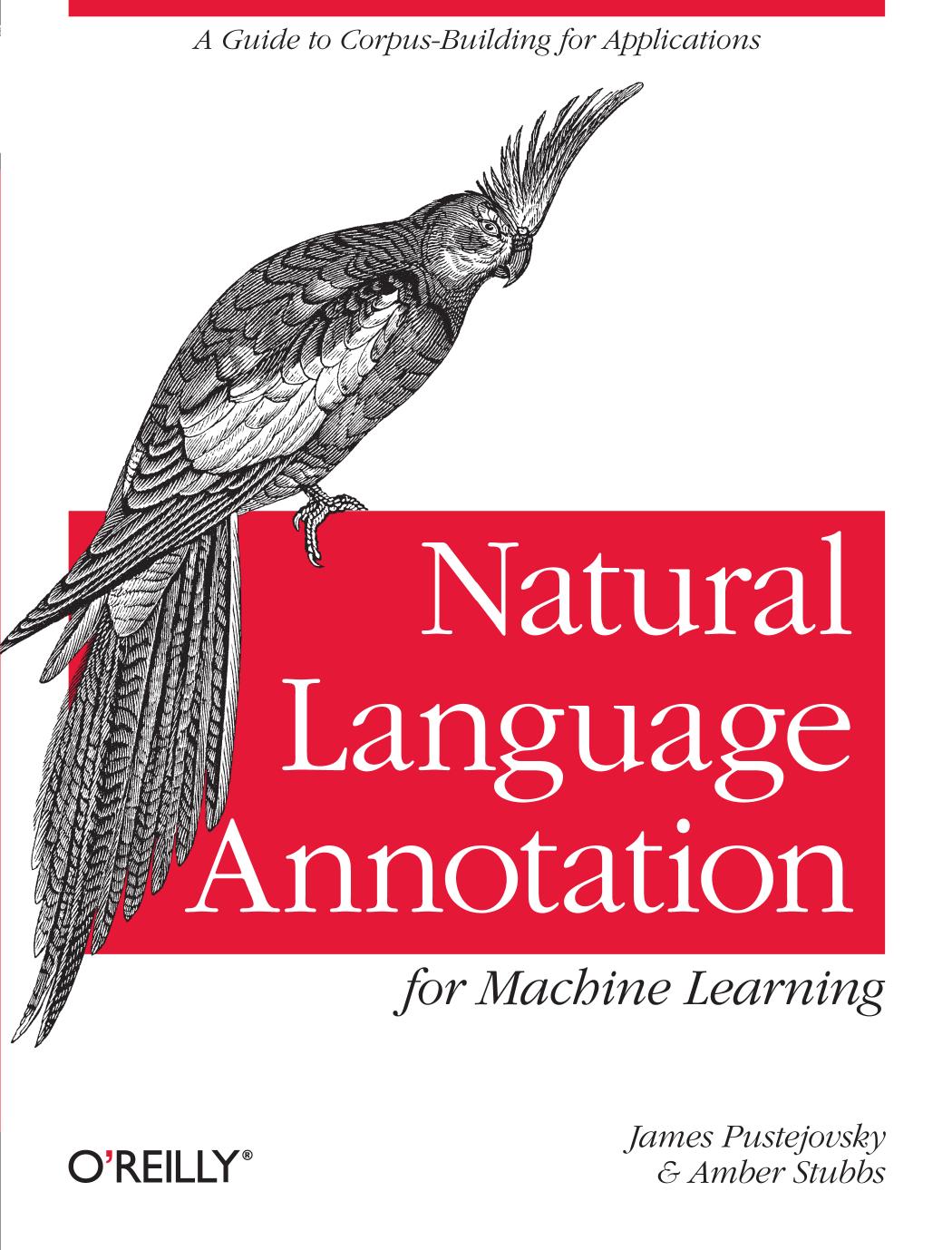

Most ebook files are in PDF format, so you can easily read them using various software such as Foxit Reader or directly on the Google Chrome browser.
Some ebook files are released by publishers in other formats such as .awz, .mobi, .epub, .fb2, etc. You may need to install specific software to read these formats on mobile/PC, such as Calibre.
Please read the tutorial at this link: https://ebookbell.com/faq
We offer FREE conversion to the popular formats you request; however, this may take some time. Therefore, right after payment, please email us, and we will try to provide the service as quickly as possible.
For some exceptional file formats or broken links (if any), please refrain from opening any disputes. Instead, email us first, and we will try to assist within a maximum of 6 hours.
EbookBell Team

4.3
48 reviewsCreate your own natural language training corpus for machine learning. Whether you're working with English, Chinese, or any other natural language, this hands-on book guides you through a proven annotation development cycle—the process of adding metadata to your training corpus to help ML algorithms work more efficiently. You don't need any programming or linguistics experience to get started.
Using detailed examples at every Step, you'll learn how the MATTER Annotation Development Process helps you Model, Annotate, Train, Test, Evaluate, and Revise your training corpus. You also get a complete walkthrough of a real-world annotation project.
• Define a clear annotation goal before collecting your dataset (corpus)
• Learn tools for analyzing the linguistic content of your corpus
• Build a model and specification for your annotation project
• Examine the different annotation formats, from basic XML to the Linguistic Annotation Framework
• Create a gold standard corpus that can be used to train and test ML algorithms
• Select the ML algorithms that will process your annotated data
• Evaluate the test results and revise your annotation task
• Learn how to use lightweight software for annotating texts and adjudicating the annotations
James Pustejovsky is a Professor at Brandeis University, where he teaches and researches artificial intelligence and computational linguistics in the Computer Science Department.
Amber Stubbs recently completed a Ph.D. at Brandeis University on the topic of annotation methodologies. She is now a Postdoctoral Associate at SUNY Albany.